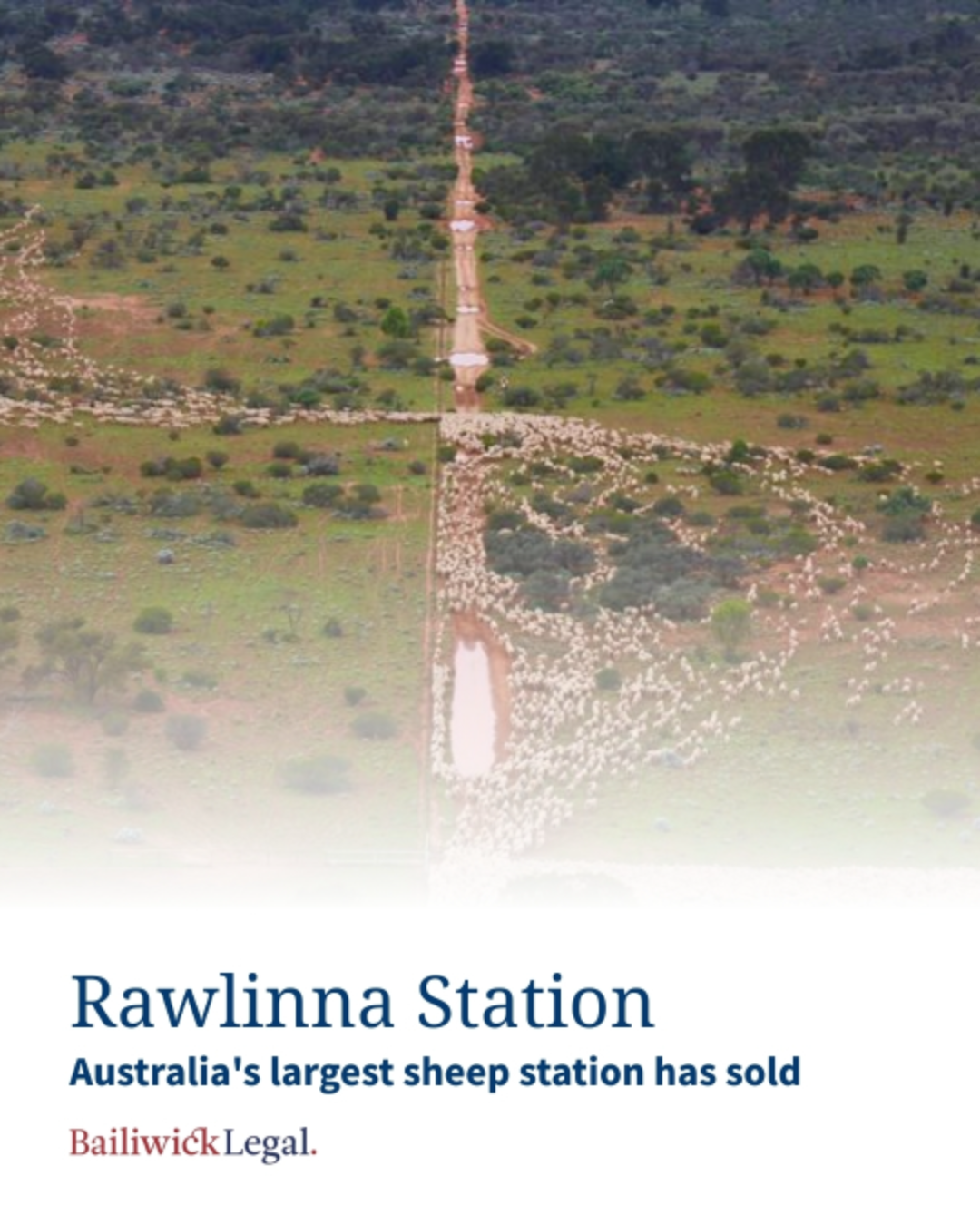Employers ! – Does the recent changes to employee entitlements affect you?
February 19, 2026
Author name
In the second half of 2018 we have seen a number of changes to the national industrial relations system, including to modern awards. It is important that employers keep up to date with these changes to remain compliant with their obligations.
Family & Domestic Violence Leave
As of 1 August 2018, employees covered by an industry or occupation modern award now are entitled to five (5) days unpaid leave in order to address family and domestic violence issues.
If an employee’s family member is threatening, violent or abusive, in a manner that seeks to coerce or control the employee, or causes them harm or fear, the employee may take leave if they need to deal with the impact of the behaviour and it is impractical to do so outside of ordinary work hours.
The full leave entitlement (of 5 days) is automatically available at the beginning of each 12-month period of employment, but does not roll over into the next year.
We recommend that as an employer you:
- review your relevant award provisions;
- update your policies to reflect this new entitlement; and
- remember that sensitivity and confidentiality should be maintained when dealing with requests for family and domestic violence leave.
Regular Casual Workers May Not Be Casual
In a recent landmark case in the Federal Court, the issue of ‘what is a casual employee?’ was discussed. The court said that where a worker has set hours or shifts, or they have been promised ongoing future work, they may not be classified as a ‘casual employee’, regardless of their terms of engagement.
Entitlements not usually afforded to casual employees, such as paid annual leave, notice of termination, redundancy pay, and the right to not work on public holidays, may be payable by an employer if the employee is found by the court to not meet the criteria of a ‘casual employee’. This may be the case even though a written contract defined the employee as a casual, and a casual loading has been paid.
Employers should ensure that they know the capacity under which their employees are engaged, based on the reality of employment relationship, not just the classification given by the employer.
Where employers guarantee or promise their casual workers certainty as to future work, they should consider reviewing and or revising the casual workers’ terms of employment, including converting the employee to a permanent position.
Casual Conversion Requests
As of 1 October 2018, 84 modern awards were varied to contain a casual conversion clause.
If your casual employee has worked in their position for 12 months, on an ongoing and regular basis, they may be entitled to request conversion to permanent employment.
ACTION REQUIRED! Employers must advise all casual employees of their rights to request conversion, whether they are eligible or not, by providing them with a copy of the relevant casual conversion clause within their award contract.
Family Friendly Flexible Working Arrangements
The Fair Work Commission recently published its provisional view that a model term be incorporated into modern awards relating to flexible working arrangements.
This move appears to be in response to a growing concern that there is an unmet need for more flexibility in the workplace, in accordance with the needs of a modern workforce, including for working families.
The model clause is currently open for comment in relation to the requirements of specific industries.
The clause would apply to employees within the following categories:
- parents, or those with responsibility for the care of a child who is school age or younger;
- carers (within the meaning of the Carer Recognition Act 2010);
- those with a disability;
- those aged 55 or older; and
- those experiencing family violence or providing care or support to an immediate family or household member, who requires care or support due to family violence.
Common arrangements requiring such flexibility include: adjustments to start and finishing times, job-sharing arrangements, part-time work, working more hours over fewer days, time off in lieu of overtime pay and working from home.
The model term would require that requests from employees:
- be in writing: and
- include an outline of reasons for the request.
Employers would then be required to respond in writing within 21 days, to either grant or refuse the request. Any refusal by an employer must include reasons based on ‘reasonable grounds’, which may include that:
- the changes would be too costly, or likely to result in significant loss of efficiency or productivity;
- other employees would be impacted, and there is no capacity to accommodate such an impact;
- it would be impractical to change other employee’s arrangements, or recruit new employees, to accommodate the request; and
- the changes would likely have a significant negative impact on customer service.
Employers are encouraged to keep up to date with industrial relations changes and discuss any concerns they may have with their solicitor.
If you would like further information in relation to how the above matters may affect your business, please contact us on (08) 9321 5451 or by email at phil@bailiwicklegal.com.au.
For further information about our legal services, please visit our website: https://www.bailiwicklegal.com.au
The above information is a summary and overview of the matters discussed. This publication does not constitute legal advice and you should seek legal or other professional advice before acting or relying on any of the content.

Bailiwick Legal has been honoured to support Forever Wild over the past few years as they delivered one of the most significant conservation land acquisition programs undertaken in Western Australia. Our team assisted Forever Wild with the strategic purchase of four pastoral stations, Narndee , Boodanoo , Meeline and Challa , transactions that now connect three State Reserves and protect more than 12,000 square kilometres of land. To put that scale into perspective, the combined area is approximately five times the size of the ACT and nearly one-fifth the size of Tasmania . Navigating complexity at scale These were not straightforward property transactions. Each acquisition involved: Multiple pastoral leases Layered regulatory and approval pathways Significant operational and on-ground assets Numerous stakeholders across government, industry and land management Our role was to guide Forever Wild through this complexity with clarity, precision and confidence, ensuring each transaction progressed efficiently while managing risk and safeguarding long-term objectives. “ Forever Wild is creating a world-leading model for nature funding that demonstrates we can manage viable, working pastoral stations whilst also restoring and protecting local ecological flora and fauna, and engaging and supporting Indigenous people and local communities. Complex & challenging, but this initiative could literally change the world .” Jessica Brunner - Director, Bailiwick Legal A growing and evolving legal landscape Large-scale conservation acquisitions sit within an emerging and increasingly complex legal field , intersecting land tenure, pastoral regulation, environmental frameworks and commercial considerations. These matters demand a deep understanding of both the legal mechanics and the practical realities of operating in regional and remote Australia. Our team’s experience in agribusiness, pastoral land transactions and regulatory approvals allowed us to support Forever Wild at every stage, from strategic structuring through to completion. Proud to support leadership in nature finance Forever Wild is widely recognised as an industry leader and a steadfast advocate for nature finance initiatives , helping pave the way for greater accessibility and innovation in conservation funding and land stewardship. We are proud to have contributed our relationships, expertise and practical legal insight to help Forever Wild achieve its vision, and to have played a role, however small, in shaping a groundbreaking future for conservation in Australia. At Bailiwick Legal, we value the opportunity to work alongside organisations that are thinking long-term, acting boldly, and creating outcomes that extend well beyond the transaction itself. For assistance with all of your agribusiness needs, contact Bailiwick Legal on 08 9321 5451 or email office@bailiwicklegal.com.au For further information about our legal services, please visit our website: https://www.bailiwicklegal.com.au The above information is a summary and overview of the matters discussed. This publication does not constitute legal advice and you should seek legal or other professional advice before acting or relying on any of the content.

Bailiwick Legal Advises on Landmark Acquisition of Rawlinna Station by Consolidated Pastoral Company
Bailiwick Legal is proud to have acted for Consolidated Pastoral Company (CPC) in its successful acquisition of Rawlinna Station , Australia’s largest sheep station, located on the remote Nullarbor Plain in Western Australia. Spanning over 1 million hectares and running approximately 30,000 sheep , Rawlinna is an iconic pastoral asset with a rich legacy, having been held by the MacLachlan family’s Jumbuck Pastoral Company since its establishment in 1962. The sale marks the first change of ownership in over six decades and was finalised following formal approval from the Western Australian Government for the transfer of the pastoral leases. This transaction involved navigating: The transfer of three separate pastoral leases Coordination across multiple vendor entities Consideration of livestock and operating assets Fulfilment of regulatory and compliance requirements, including WA lease approval processes Bailiwick Legal is a boutique agricultural and regional law firm , proudly based in Perth and Bridgetown, Western Australia. Our role in this acquisition demonstrates that deep sector knowledge, local insight, and personalised legal support are crucial for agribusiness clients managing complex, high-value transactions. Our team, led by our regionally-based solicitor, Matilda Lloyd, provided end-to-end legal and strategic support, including: Due diligence on land tenure and operating assets Contract negotiation and preparation Advice on regulatory approvals and compliance Strategic coordination with CPC’s internal and external stakeholders to ensure a smooth and timely settlement We are honoured to have supported CPC in this milestone acquisition and look forward to watching Rawlinna’s next chapter unfolds. At Bailiwick Legal, we believe that regional expertise, deep industry knowledge, and relationship-based service remain essential to agribusiness success, no matter the scale. Congratulations to all parties involved, including the MacLachlan family, whose stewardship of Rawlinna leaves a lasting legacy in Australian agriculture. – The Bailiwick Legal Team Working alongside agribusinesses to grow, transition, and thrive . For assistance with all of your agribusiness needs, contact Bailiwick Legal on 08 9321 5451 or email office@bailiwicklegal.com.au By Matilda Lloyd (Associate) For further information about our legal services, please visit our website: https://www.bailiwicklegal.com.au The above information is a summary and overview of the matters discussed. This publication does not constitute legal advice and you should seek legal or other professional advice before acting or relying on any of the content.











